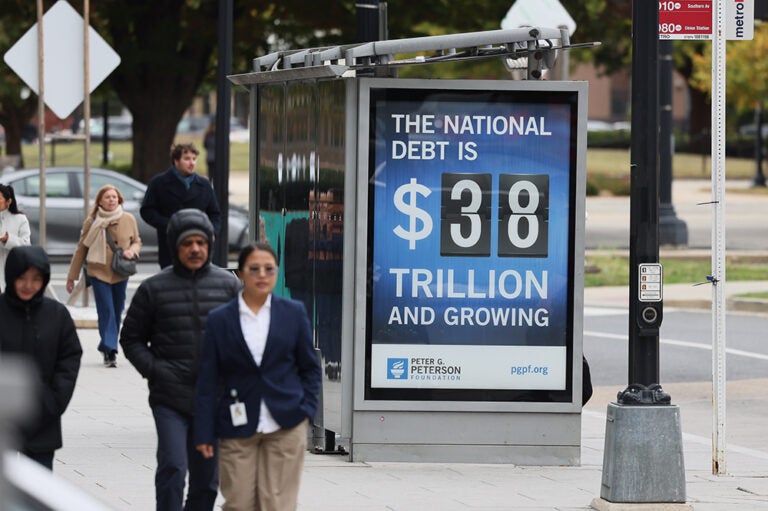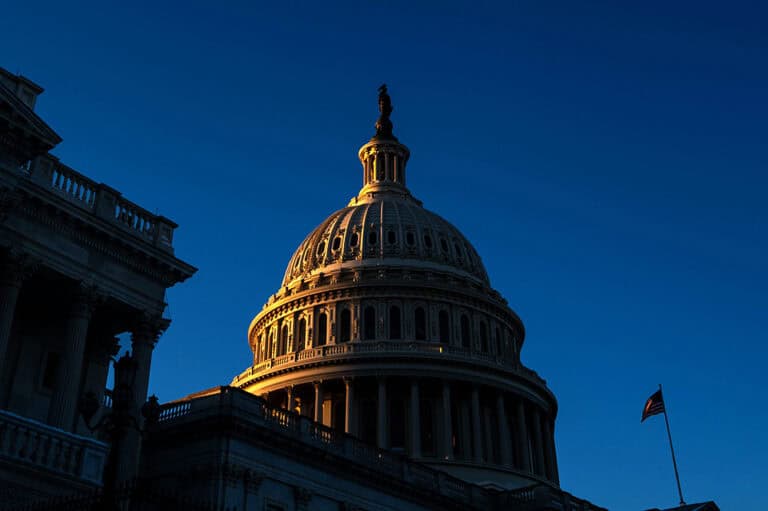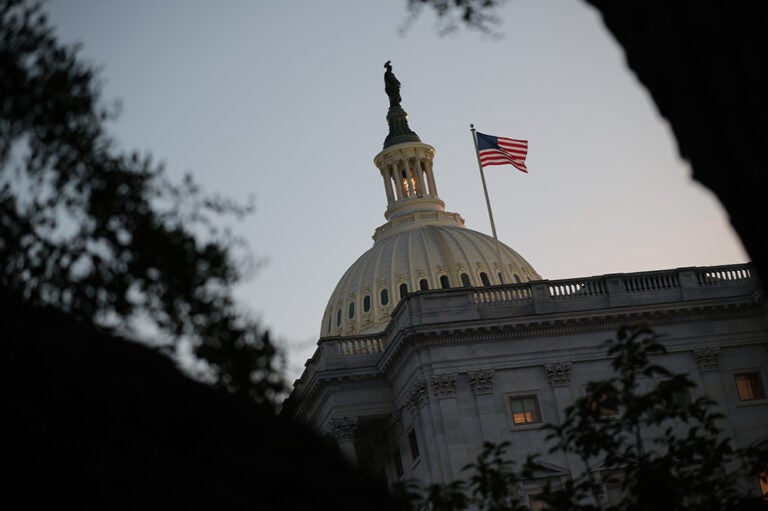Last Friday, the Office of Management and Budget (OMB) released its mid-session review, an annual update and revision of White House budget projections. This report marked the first time that the administration has acknowledged that deficits will surpass $1 trillion in the near term — a level that should be a wake-up call to all Americans.
America’s rising deficits reflect not only a structural imbalance between spending and revenue, but are also a result of recent fiscally irresponsible policy changes including last December’s deficit-financed tax cuts as well as this February’s budget deal that increased discretionary spending.
As the Committee for a Responsible Budget pointed out, the estimated $1.085 trillion deficit for 2019 is double the $526 billion the administration estimated in its own projections as part of the FY 2018 budget.
The rapid worsening of the budget outlook is important because rising debt threatens to harm our economy and slow the growth of productivity and wages. Moreover, CBO warns that rising debt could crowd out critical investments, reduce policymakers’ flexibility to respond to unforeseen events, and raise the risk of a fiscal crisis.
The acknowledgement of trillion-dollar annual deficits comes as Congressional leaders and the administration are discussing another round of “deficit-financed tax cuts.” During a time of low unemployment and economic expansion, now is the time to get America’s debt problem under control, rather than pile more fiscal burden onto the next generation.
Image credit: Getty Images/iStockphoto
Further Reading
What Is the National Debt Costing Us?
Programs that millions of Americans depend on and care about may be feeling a squeeze from interest costs on our high and rising national debt.
Interest Costs on the National Debt Are Reaching All-Time Highs
The most recent CBO projections confirm once again that America’s fiscal outlook is on an unsustainable path — increasingly driven by higher interest costs.
New Report: National Debt Outlook Gets Worse as Interest Costs Exceed $1 Trillion Annually
A new CBO report shows that the national debt outlook worsened from last year’s projections.


